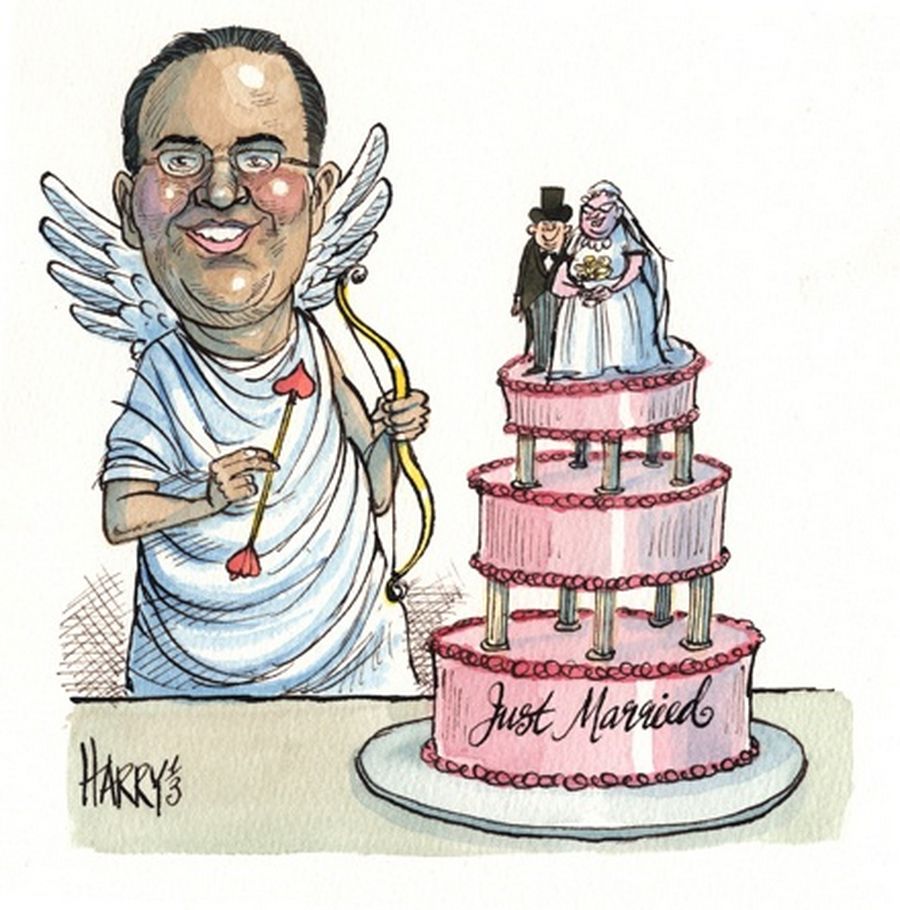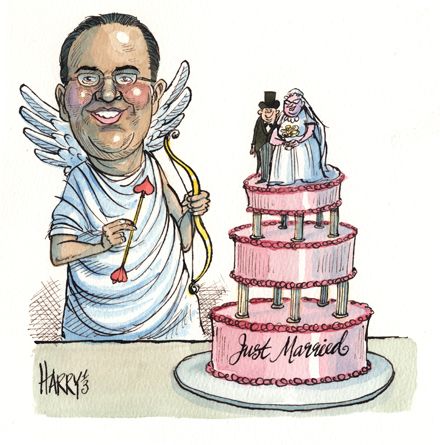In another year of record volumes, one bank excelled at matching Asian issuers with global investors. For leading the deals that defined the year, JP Morgan is IFR Asia’s Bond House of the Year.

Bond House
JP Morgan may not be the flow house for Asian bond issues in the same way it is in the US, but its ability to identify the key trends of 2013 won it ringing endorsements from issuers and investors alike.
In another record year for G3 issuance out of Asia, the US bank proved a skilled matchmaker between Asian issuers and global investors. Despite running a far smaller team than many of its rivals, it won repeat mandates from Asia’s biggest sovereign borrower and from China’s two biggest overseas issuers, powerful stamps of approval in an increasingly competitive business.
The bank designed credit-enhanced structures to allow some of Asia’s less-healthy borrowers to access capital, led the region’s biggest high-yield bond and even held global co-ordinator roles on the two first euro-denominated bonds from China – a feat no European or Asian bank was able to match.
“Issuers turn to us for idea generation and a distribution capability that is unmatched globally,” said Murli Maiya, head of debt capital markets for Asia ex-Japan.
IFR’s research turned up a number of issuers, and even rivals, who acknowledged JP Morgan’s ability to lead pricing discussions and read market conditions. Investors also labelled JP Morgan as their top pick when it came to supporting new issues and providing liquidity.
“It seems to me that JP Morgan is always on the mark when it comes to pricing expectations,” said a Hong Kong-based treasurer, who asked to remain unnamed.
JP Morgan married Asian issuers with US-style pricing, helping Chinese internet group Baidu raise US$1.5bn at the lowest spread and yield for any privately owned Chinese borrower.
That deal set the tone for a blockbuster year for JP Morgan in China. It was one of four global co-ordinators on Sinopec’s US$3.5bn jumbo in April, before following up in early May with a US$4bn record-breaker for CNOOC, China’s biggest dollar bond.
Both companies returned later in the year, and both named JP Morgan as global co-ordinator. The US bank pushed the idea of combining a US dollar deal with a euro tranche, first for CNOOC in September and then for Sinopec.
“Given the significant amount of supply of Chinese oil-and-gas paper in the US dollar market in the first half of 2013, we identified the euro investor base as a positive diversification alternative for the second half,” said Mark Follett, head of high-grade DCM for Asia ex-Japan.
JP Morgan was a player in the corporate hybrid market, too, bringing the first perpetual bond from a high-yield issuer in IFR’s review period, for Shui On Development in December. It also played a hand in Asia’s first fixed-for-life perpetual bond, a top-of-the-market trade for Reliance Industries in January.
The most creative of JP Morgan’s deals came in April, when it launched a US$647m five-year bond for AE Rotor, a unit of Indian wind turbine group Suzlon Energy, backed by a standby letter of credit from Suzlon’s main creditor banks. Remarkably, the bond came to market when Suzlon was still in a restructuring process with its lenders and in default on its convertible bonds.
“We have continued to demonstrate our ability to innovate – the trade for AE Rotor was a good example of that,” said Simon Crisp, head of debt syndicate for Asia.
JP Morgan featured on a sovereign debut for Mongolia in late 2012, and was twice hired by Indonesia to help raise essential overseas funding – including a US$1bn 10-year in July that funded a widening budget deficit at the height of a global sell-off in emerging markets. One banker involved labelled that deal the “most difficult trade of my career”.
The US bank also excelled in high-yield issues, with roles on seven of the 10 biggest related corporate trades during the review period – the most of any arranger. It started 2013 with a bang, completing deals totalling over US$2bn for Kaisa Properties, Country Garden and Shimao by January 7, and co-ordinated the US$1.7bn record-breaker for India’s Vedanta Resources in May.
JP Morgan ranked third on the G3 bond league table, excluding Australasia and Japan, for IFR’s review period, less than US$1bn behind the second-placed bank. Including Australia, it topped the charts with a 9.6% market share, or US$20.1bn of deals.
To see the digital version of this report, please click here.
